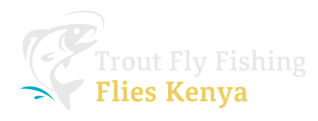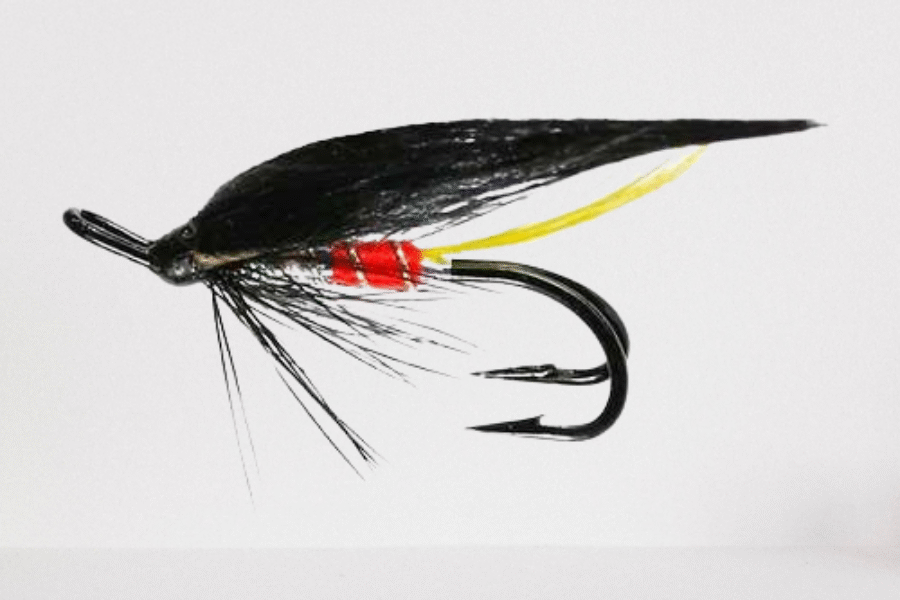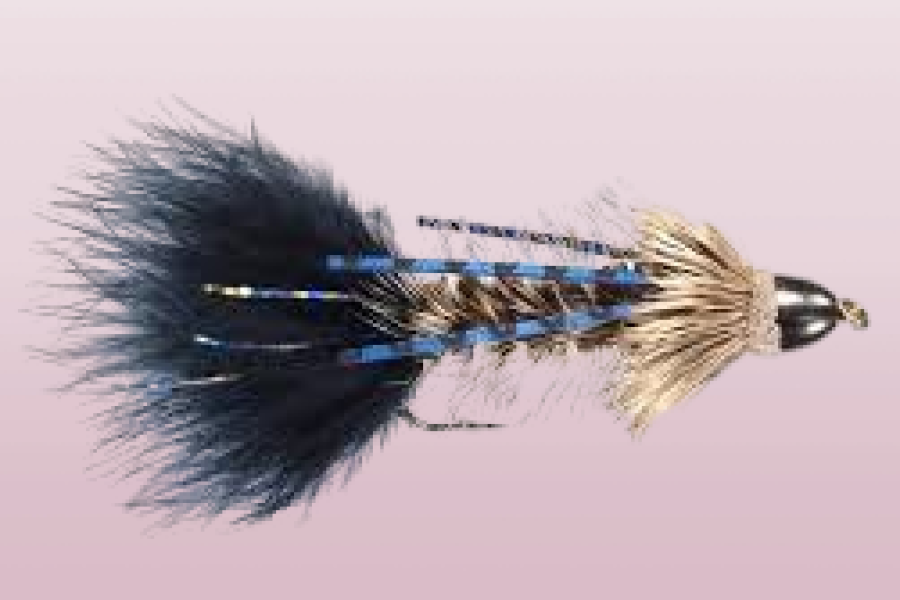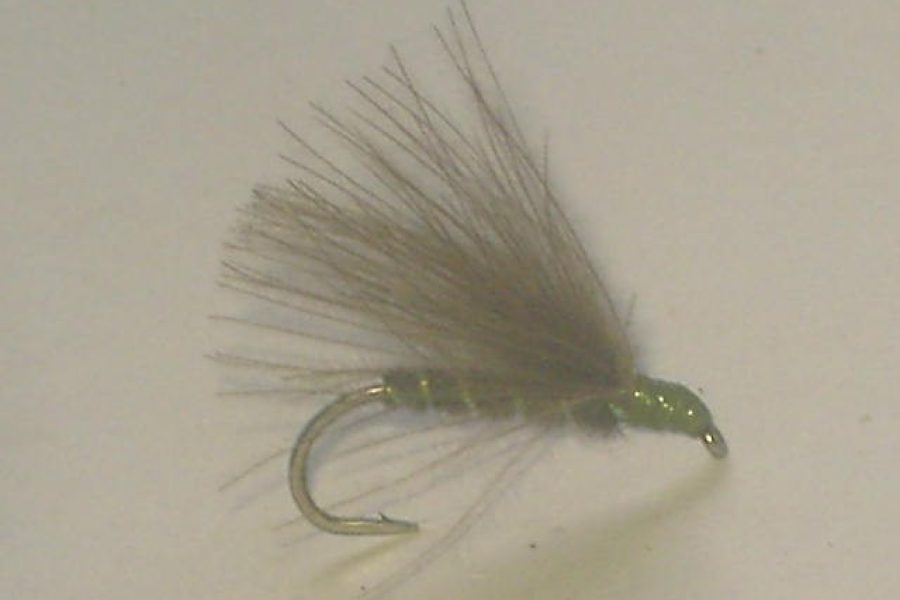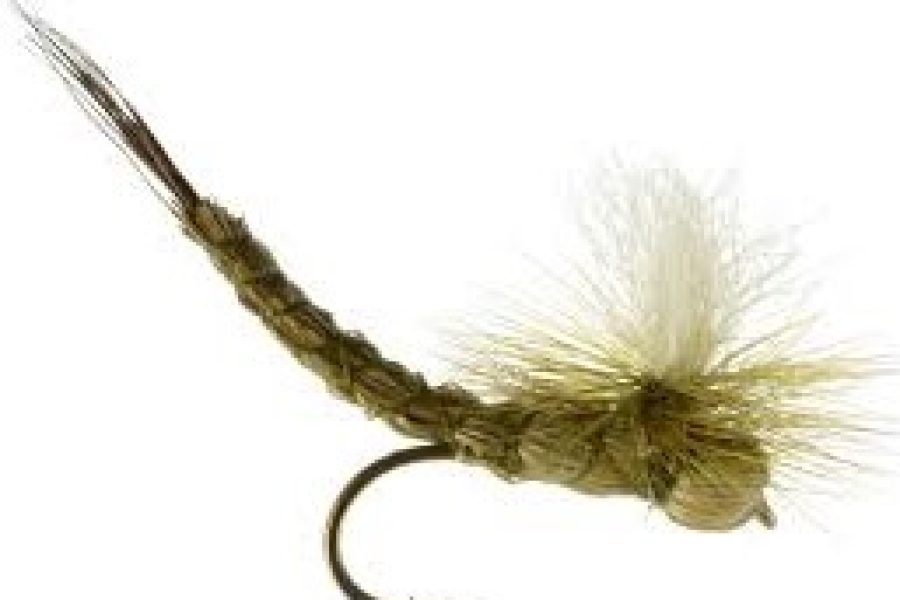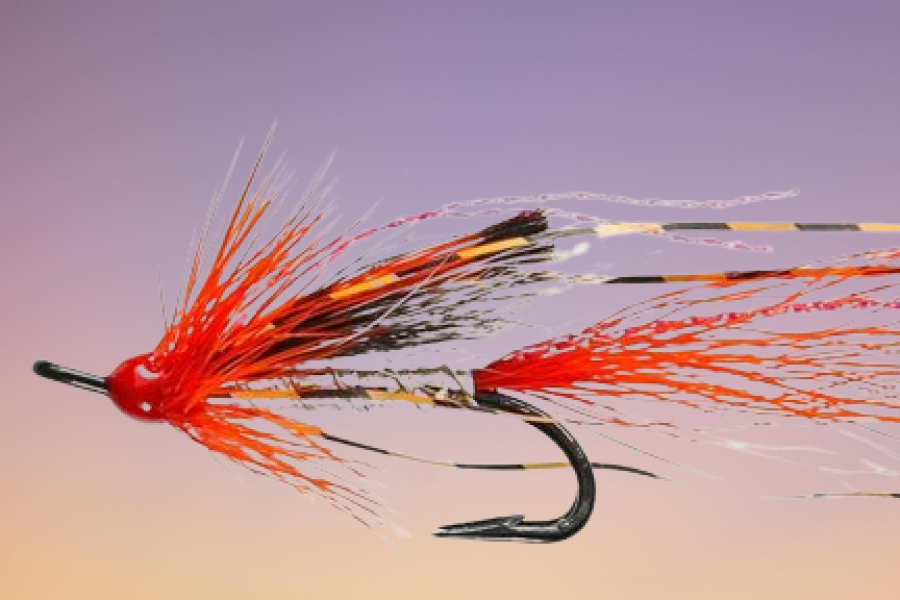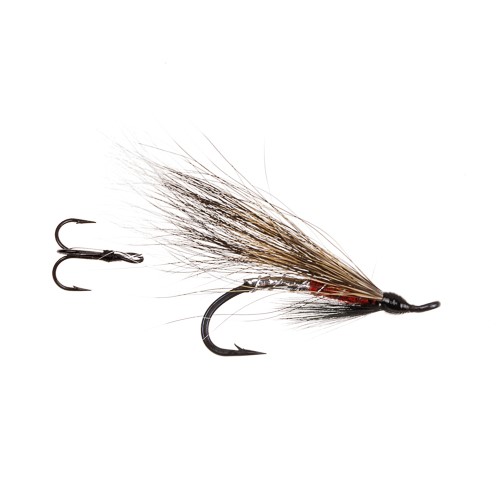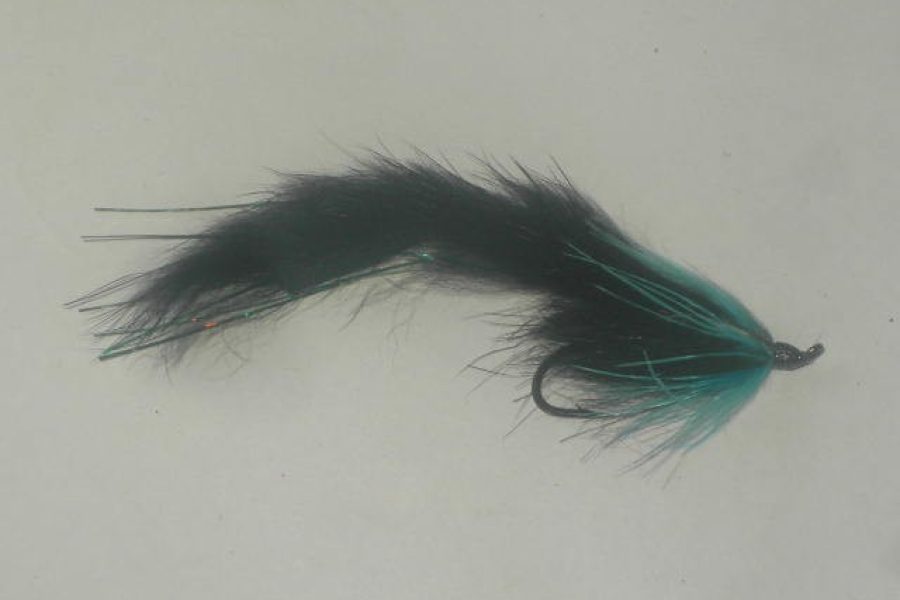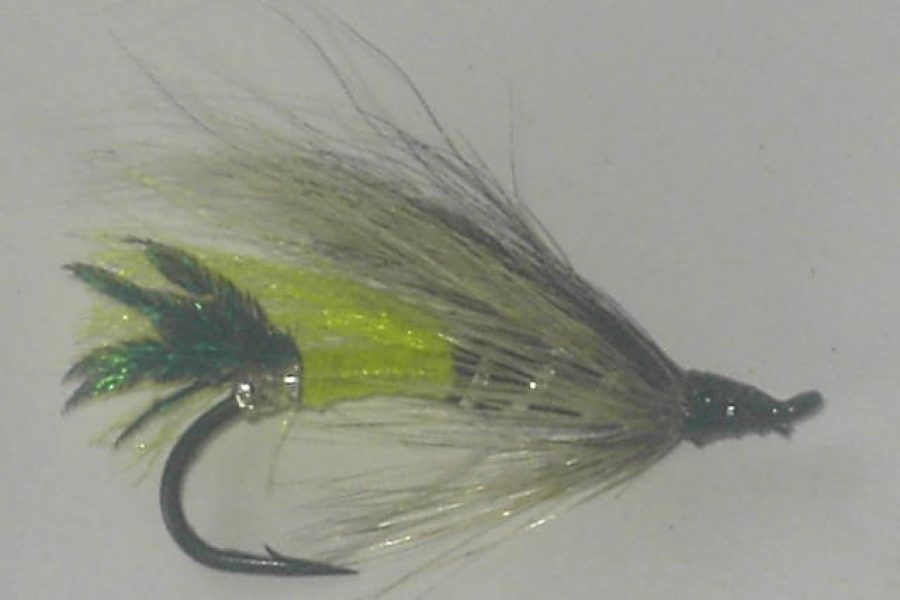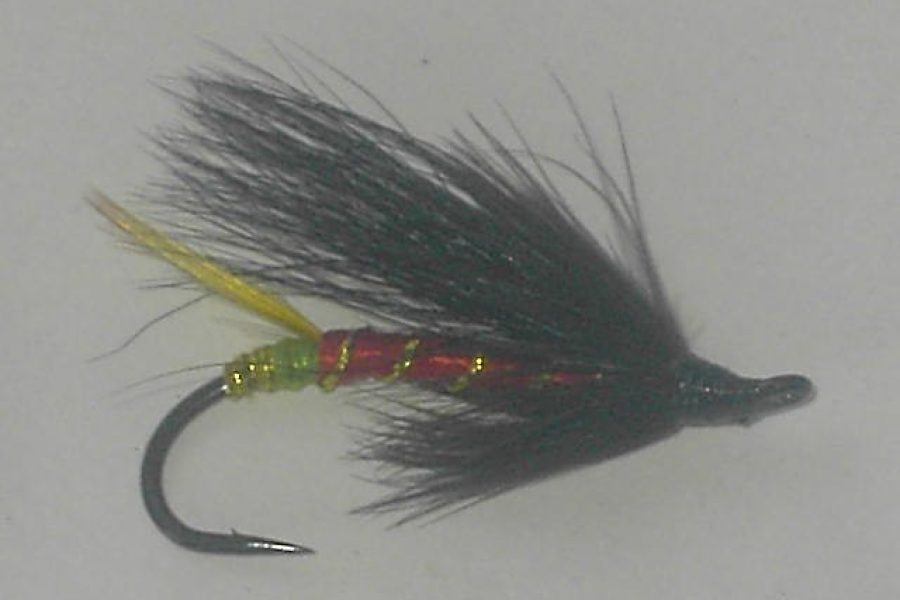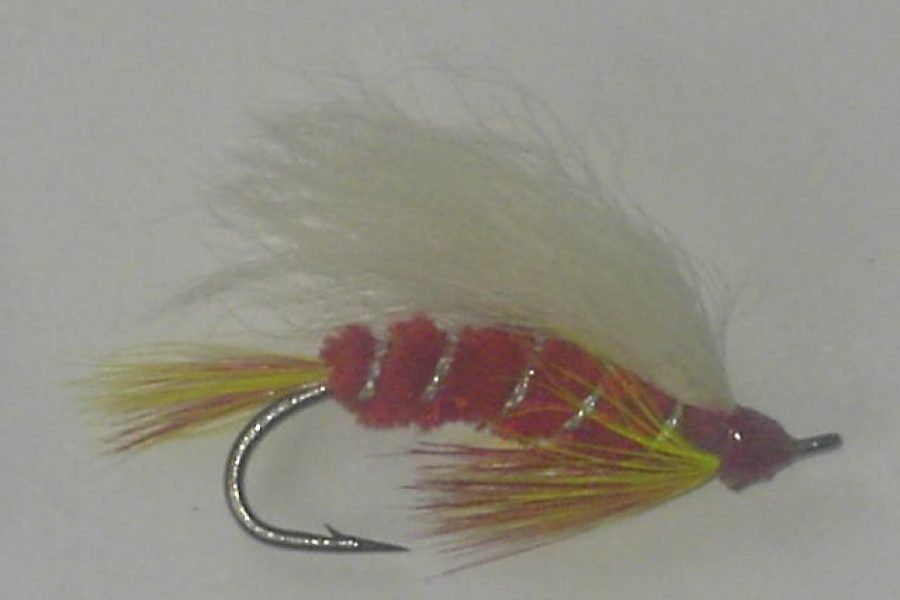Peter Ross Flying T Sea Trout fly
Per Dozen $ 12.00
Description
The Peter Ross Flying T Sea Trout fly represents an innovative adaptation of the classic Peter Ross pattern, which originated in the 1890s by Peter Ross from Killin, Perthshire, Scotland. This sophisticated pattern combines traditional design elements with modern Flying T construction to create an exceptionally effective sea trout pattern.
Historical Origins and Development The pattern emerged from the classic Peter Ross, which was itself a variation of the traditional Teal and Red pattern. This modern Flying T adaptation maintains essential characteristics while incorporating contemporary elements for enhanced effectiveness.
Key Design Developments:
- 1890s origins
- Traditional influence
- Material selection
- Pattern refinements
- Modern adaptations
- Technical improvements
- Contemporary variations
Design Philosophy and Innovation The pattern’s design reflects deep understanding of:
- Color combinations
- Profile presentation
- Material selection
- Light reflection
- Movement characteristics
Premium Materials and Construction Traditional Materials:
- Quality hooks
- Silver tinsel
- Red hackle
- Teal feathers
- Fine thread
Modern Adaptations:
- Flying T construction
- Enhanced durability
- Advanced techniques
- Specialized materials
- Innovative finishes
Technical Specifications
Hook Configuration:
- Style: Flying T
- Sizes: Various
- Strength: 2X-3X
- Finish: Black nickel
- Point: Treble stinger
Body Construction:
- Thread: Black
- Body: Silver tinsel
- Hackle: Red
- Wing: Teal
- Profile: Classic
Fishing Applications
Water Types:
- Rivers and streams
- Coastal waters
- Estuaries
- Deep pools
- Various conditions
Seasonal Effectiveness:
Spring:
- Early season runs
- High water conditions
- Cold water situations
- Variable depths
- Multiple presentations
Summer:
- Peak season
- Morning/evening fishing
- Bright conditions
- Technical fishing
- Deep running
Fall:
- Late season success
- Changed water
- Aggressive takes
- Multiple depths
- Various speeds
Advanced Fishing Methods
Presentation Techniques:
- Traditional Swing
- Down and across
- Speed control
- Depth management
- Line mending
- Angle adjustments
- Modern Adaptations
- Strip retrieve
- Pulse techniques
- Dead drift
- Sink and draw
- Multiple depths
Water Reading and Strategy
Key Factors:
- Current speed
- Depth evaluation
- Structure location
- Temperature
- Light conditions
Strategic Approaches:
- Entry point selection
- Drift planning
- Coverage patterns
- Depth control
- Speed adjustment
Environmental Adaptations
Light Conditions:
- Bright sunshine
- Overcast days
- Early morning
- Evening light
- Low light effectiveness
Water Clarity:
- Crystal clear
- Slightly colored
- Stained water
- Post-rain
- Variable visibility
Modern Variations
Size Adaptations:
- Standard sizes
- Scaled versions
- Custom ties
- Situation-specific
- Water-matched
Pattern Variations:
- Traditional style
- Modern materials
- Hybrid designs
- Color adaptations
- Seasonal options
Technical Considerations
Leader Setup:
- Length selection
- Tippet material
- Breaking strength
- Knot choice
- System balance
Equipment Matching:
- Rod weight (7-9wt)
- Line type
- Leader design
- Tippet selection
- Terminal tackle
Conservation and Durability
Material Selection:
- Environmental impact
- Longevity factors
- Strength requirements
- Replacement needs
- Storage considerations
Maintenance:
- Post-use care
- Storage methods
- Repair techniques
- Material preservation
- Long-term durability
Advanced Applications
Specialized Techniques:
- Deep presentation
- Structure fishing
- Cover presentation
- Technical mending
- Line control
Tactical Adaptations:
- Weather conditions
- Water levels
- Fish behavior
- Seasonal changes
- Time of day
Pattern Benefits
Design Advantages:
- Enhanced movement
- Improved visibility
- Better tracking
- Precise profile
- Traditional appeal
Performance Benefits:
- Consistent results
- Natural movement
- Strike triggering
- Energy efficiency
- Versatile fishing
Advanced Water Reading
Current Analysis:
- Seam identification
- Depth transitions
- Structure influence
- Temperature breaks
- Holding lies
Strategic Planning:
- Coverage efficiency
- Presentation angles
- Rest periods
- Pattern rotation
- Time management
Seasonal Applications
Spring Tactics:
- Cold water techniques
- High water methods
- Early season approaches
- Fish behavior patterns
- Energy conservation
Summer Strategies:
- Peak season presentations
- Light penetration factors
- Temperature considerations
- Feeding patterns
- Time of day
Fall Methods:
- Pre-winter behavior
- Water temperature changes
- Migration patterns
- Aggressive triggers
- Weather influences
Future Developments
Emerging Trends:
- New materials
- Design refinements
- Tying techniques
- Fishing methods
- Pattern variations
Innovation Areas:
- Material technology
- Construction methods
- Presentation techniques
- Environmental considerations
- Performance enhancement
The Peter Ross Flying T Sea Trout fly represents the perfect fusion of traditional design and modern innovation. Its sophisticated engineering incorporates classic color schemes with contemporary Flying T construction, creating a pattern that consistently produces results across varying conditions. Whether targeting sea trout in rivers or coastal waters, this pattern delivers exceptional performance through its carefully calculated design elements and versatile presentation capabilities.
Additional information
| Hook size | 10, 12, 2, 4, 6, 8 |
|---|---|
| Hook type | Barbed Hooks, Barbless Hooks |
We're glad you're here. Let us know how we can assist — whether you're looking for barbless flies, bulk orders, or have a custom request. We're ready to help you catch the perfect deal!
